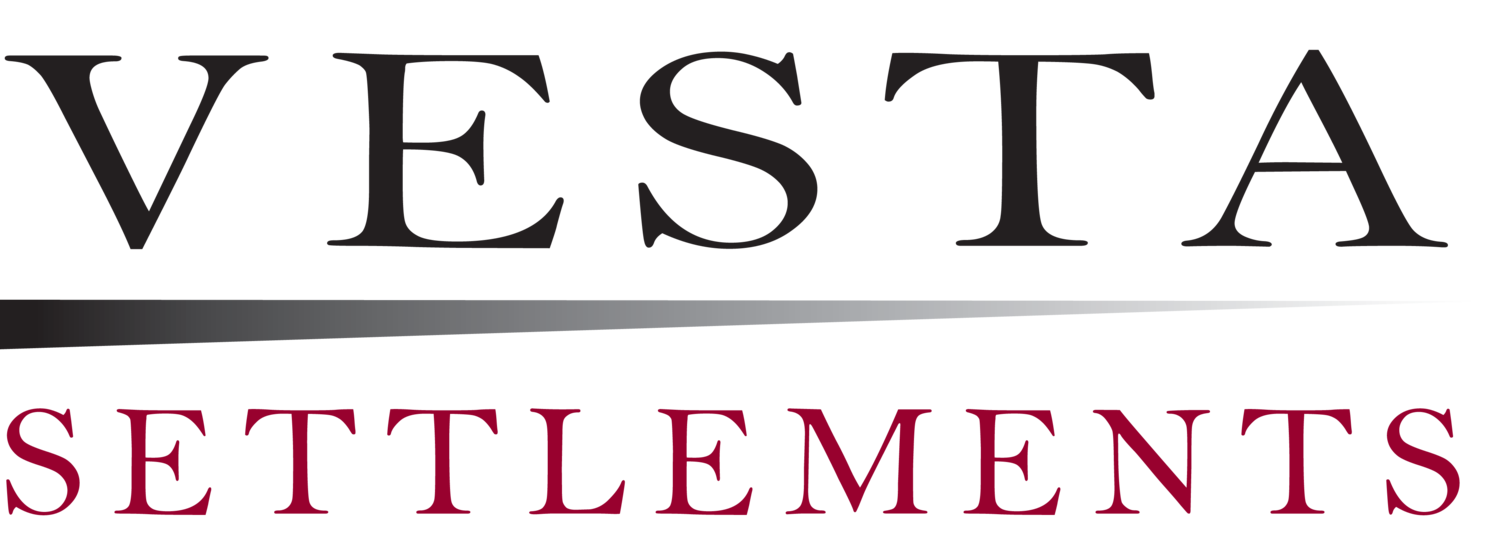Trees! Beautiful, sometimes majestic. They afford us shade, privacy and of course, oxygen. But what happens when the benefits are outweighed by annoyance, or worse, actual harm or imminent danger of actual harm to an adjoining property. That is the question. (see what I did there?)
Just such a case was presented in a matter between adjoining land owners. Fancher v. Fagella, 274 Va. 549 (2007).
Fancher and Fagella owned parcels of land next to one another. Fagella’s property sat higher in elevation than Fancher’s requiring a masonry retaining wall to run along the property line to support the grade separation. Fancher also had a patio in his backyard. Sitting on Fagella’s property was a large sweet gum tree standing about 60 feet high. Fancher alleged, that in addition to dropping leaves and other debris on his roof and gutters, the tree’s invasive root system was causing damage to the retaining wall, his patio and the foundation of his home.
The Circuit Court denied Fancher’s request for injunctive relief and on appeal, the Virginia Supreme Court noted the differing decisions across the country on what is a fairly common issue between neighbors. After analyzing the various “rules” across the country, the Virginia Supreme Court adopted a modified “Hawaii Rule” to resolve such disputes. In so doing, the Court overruled a previous Virginia case dating back to 1939.
The Court held that “encroaching trees and plants are not nuisances merely because they cast shade, drop leaves, flowers, or fruit, or just because they happen to encroach upon adjoining property either above or below the ground. However, encroaching trees and plants may be regarded as a nuisance when they cause actual harm or pose an imminent danger of actual harm to adjoining property. If so, the owner of the tree or plant may be held responsible for harm caused to [adjoining property], and may also be required to cut back the encroaching branches or roots, assuming the encroaching vegetation constitutes a nuisance.” Id. at 555- 556. This “Hawaii Rule” was modified to the extent that the Court held that an adjoining landowner may engage in self-help, whether or not a tree was a nuisance, by cutting encroaching vegetation to the property line at his own expense.
The next time you are listing a home or showing a home and you or your client suspect some tree or other vegetation may be a “nuisance”, do a Hula dance and point them in the right direction.

